Introduction
Samara State University is a famous institution of higher learning in Samara, Russia. It is an important scientific and educational center in the region. It has trained a large number of outstanding talents for Russia and has a high level of teaching and scientific research in many disciplines.
Overview
Student size: The school currently has about 14,500 students, of which the number of international students is also increasing. Students come from Russia and many countries in the world.
Faculty: There are about 900 teachers, including 191 doctors and professors, 470 associate doctors and associate professors.
History and establishment time
Samara State University was established in 1918. It was closed for a time due to financial difficulties and reopened in 1969.
School strength
Teaching achievements: The school has trained many outstanding graduates who have outstanding performance in various fields in Russia and internationally and have made important contributions to social development. Since its establishment, it has trained about 80,000 experts, many of whom have become outstanding scientists, designers, politicians and public figures.
Scientific research cooperation: The school has established close cooperative relations with many enterprises and scientific research institutions, and has 57 national core and non-core enterprise internship bases. Its partners include the open joint-stock company "Kuznetsov" and the National Scientific Research and Production Space Rocket Center "Central Specialized Design Bureau-Progress", etc., jointly carrying out scientific research projects and technological research and development, and promoting the innovative development of multiple disciplines.
Institutional nature
Public university.
Educational philosophy
Focus on cultivating students' innovative thinking and practical ability, emphasizing the close integration of academic research with the actual needs of society, and is committed to providing students with high-quality education so that students can have strong competitiveness in the ever-changing social environment. At the same time, it cultivates students' sense of social responsibility and global vision, and encourages students to actively participate in social welfare activities and international exchange projects.
Key laboratories and disciplines
Key laboratories: The school has more than 53 scientific research and experimental development laboratories, 11 R&D institutions, 31 scientific and educational centers, 7 design bureaus, and 5 scientific research equipment sharing centers. For example, the Mathematical Physics Laboratory, the Robotics and 3D Printing Center, etc.
Key Subjects: Information Science, Law, Education, Language, Information Technology, Biology, Mathematics and Mechanics, Physics, Chemistry, Linguistics, History, Sociology, Economics and Management, Psychology and other subjects are the key subjects of the school, among which English Linguistics, Law, Sociology, Political Science, Economics and other subjects are relatively famous.
Faculty
The school consists of 8 colleges, including the School of Aerospace Engineering, the School of Engines and Power Plants, the School of Economics and Management, the School of Social Sciences and Humanities, the School of Natural Sciences and Mathematics, the School of Information Technology and Cybernetics, the School of Law, and the School of Continuing Education.
Ranking
ARES World University Academic Ranking - European Standard: Ranked 55th.
Ranking of Russian University Graduate Demand: Ranked third among 132 Russian universities.
Expenses
Tuition fees: Undergraduate tuition fees start from about US$1,000 per year, and master's tuition fees start from about US$2,500 per year.
Accommodation fees: The cost of school dormitories or rental starts from US$150 per month.
Campus
Teaching facilities: The school has 5 teaching buildings, 3 student dormitories, 5 The school has complete teaching and living facilities, including a gymnasium and an auditorium. It also has an international school, a preparatory training center and a Russian language education center specifically for international students. In addition, some colleges of the school also have their own teaching airports, 3D printers and other special teaching equipment, providing students with good learning and practice conditions.
Living facilities: The living facilities around the campus are complete, including supermarkets, restaurants, cafes, etc., which meet the daily needs of students.
-

Peter the Great St.Petersburg Polytechnic University
-
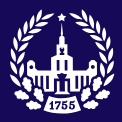
Moscow State University M. V. Lomonosov
-
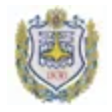
Bauman Moscow State Technical University
-
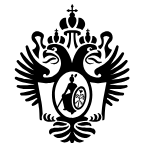
St. Petersburg State University
-
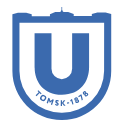
Tomsk State University
-
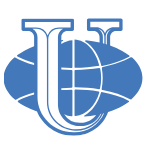
Peoples' Friendship University of Russia
-
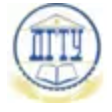
Don State Technical University
-
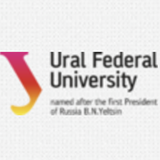
Ural Federal University
-

Moscow Institute of Physics and Technology
-
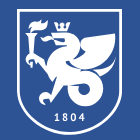
Kazan Federal University
-

Mesoamerican University
-

Istmo University
-

Mariano Galvez University of Guatemala
-

Regional University of Guatemala
-

Galileo University
-

Francisco Marroquín University
-

Rafael Landívar University
-

University of the Valley of Guatemala
-

University of San Carlos of Guatemala
-

Technological Institute of Tlaxcala Plateau
-

Golfo University
-

Technological University of South Sonora
-

Technological University of Huejotzingo
-

Tizimín Institute of Technology
-

Chilpancingo Institute of Technology

